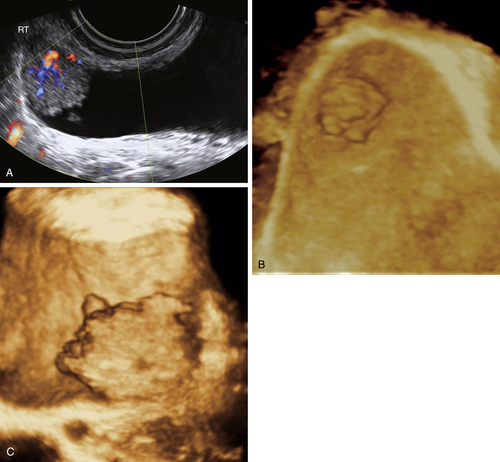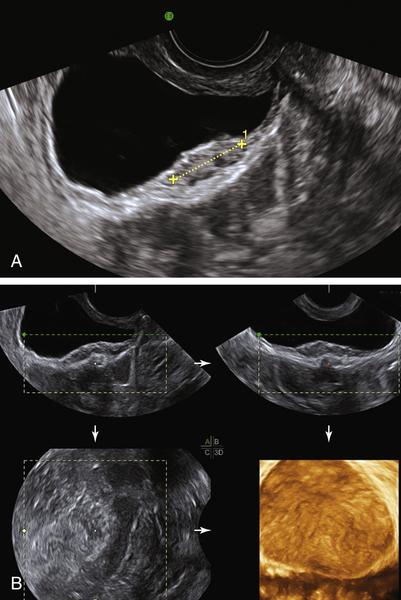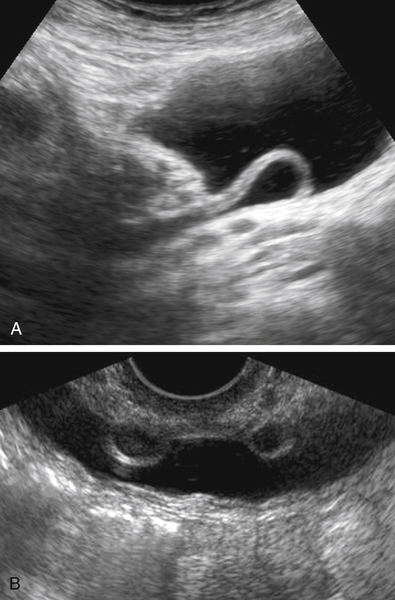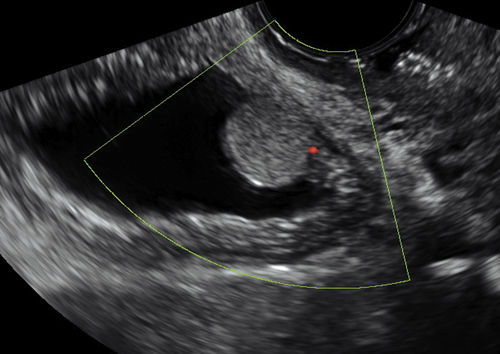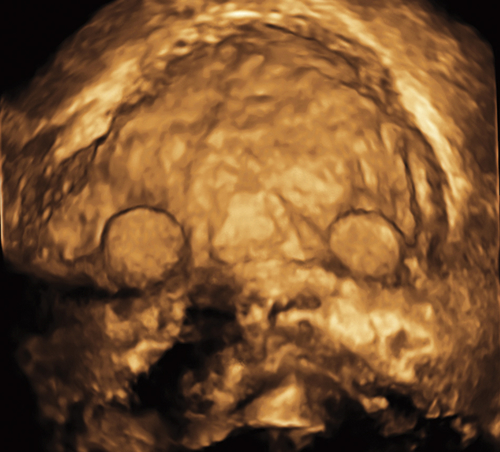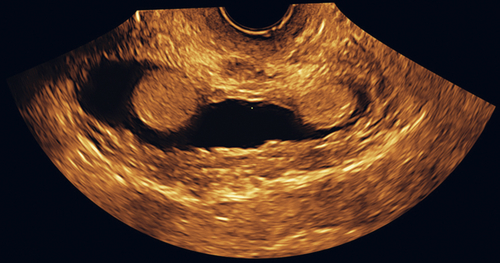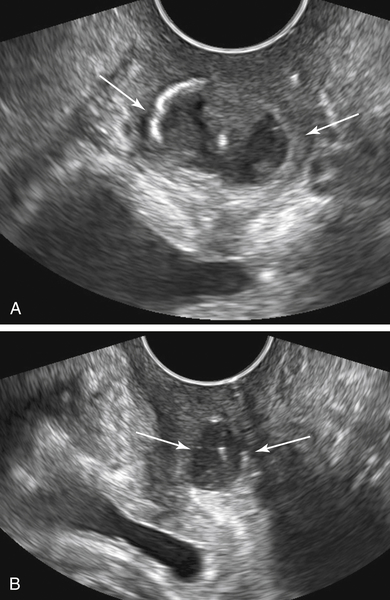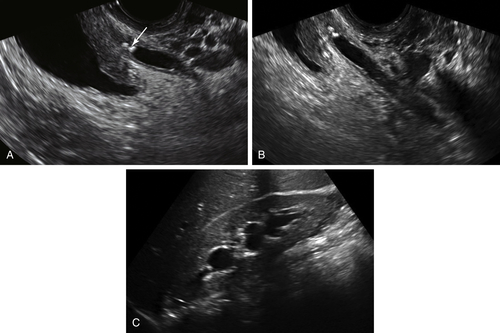Bladder Masses
Synonyms/Description
Etiology
Transitional Cell Cancer
Fibroma
Endometriosis
Diffuse Bladder Wall Thickening
Findings Specifically Related to the Ureteral Orifice
Urethral Diverticula
Other Bladder Masses
Ultrasound Findings
Differential Diagnosis
Clinical Aspects and Recommendations
Figures
Suggested Reading
Fasih N., Prasad Shanbhogue A.K., Macdonald D.B., Fraser-Hill M.A., Papadatos D., Kielar A.Z., Doherty G.P., Walsh C., McInnes M., Atri M. Leiomyomas beyond the uterus: unusual locations, rare manifestations. Radiographics. 2008;28:1931–1948 Review.
Kocakoc E., Kiris A., Orhan I., Poyraz A.K., Artas H., Firdolas F. Detection of bladder tumors with 3-dimensional sonography and virtual sonographic cystoscopy. J Ultrasound Med. 2008;27:45–53.
Wong-You-Cheong J.J., Woodward P.J., Manning M.A., Davis C.J. From the archives of the AFIP: inflammatory and nonneoplastic bladder masses: radiologic-pathologic correlation. Radiographics. 2006;26:1847–1868 Review.
Wong-You-Cheong J.J., Woodward P.J., Manning M.A., Sesterhenn I.A. From the archives of the AFIP: neoplasms of the urinary bladder: radiologic-pathologic correlation. Radiographics. 2006;26:553–580 Review.

